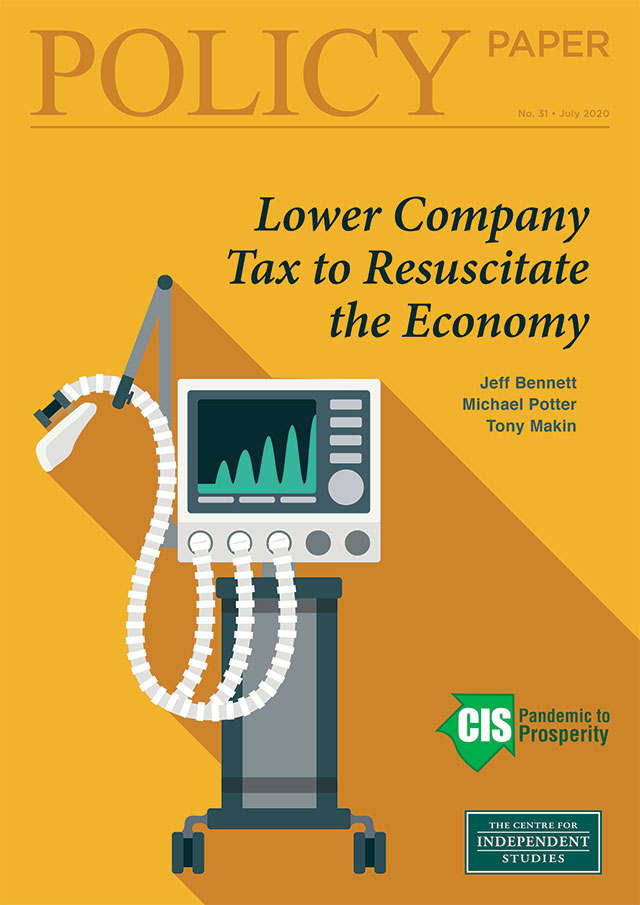
In response to the economic contraction of the COVID-19 pandemic, the federal and state governments have dramatically expanded the scope and scale of state involvement in the economy. This massive spike in government spending continues to be funded by increased government borrowing that has put Australia on a path to having about a trillion dollars’ worth of public debt, mostly owed to foreigners.
Some of the policies implemented can be considered as welfare payments aimed at ensuring that people whose livelihoods have been impacted by the COVID-19 restrictions are able to maintain themselves and their families. In this way, they are part of the social safety net, as well as a means of temporarily holding together the core structure of the economy.
However, the welfare support measures should not be regarded as policies that will ensure a recovery from the current downturn. Wealth is not generated from government-funded consumers’ spending. Rather, it comes from profit motivated production in the private sector. Ongoing policy initiatives focused on governments borrowing in order to stimulate the economy — particularly through consumer spending — will fail to revitalise the long term productive capacity of the economy.
contrast, there is general agreement in mainstream macroeconomics that private investment not only boosts aggregate demand in the short run, but strengthens economic growth on the supply side in the long run via an enlarged capital stock. Hence, the recovery of the economy to sound economic health depends on resuscitating the productive capacity of the business sector through increased private investment that will feed through to higher labour productivity and wages. The best way to achieve higher private investment is to reduce the tax burden the federal government places on Australia’s companies.










